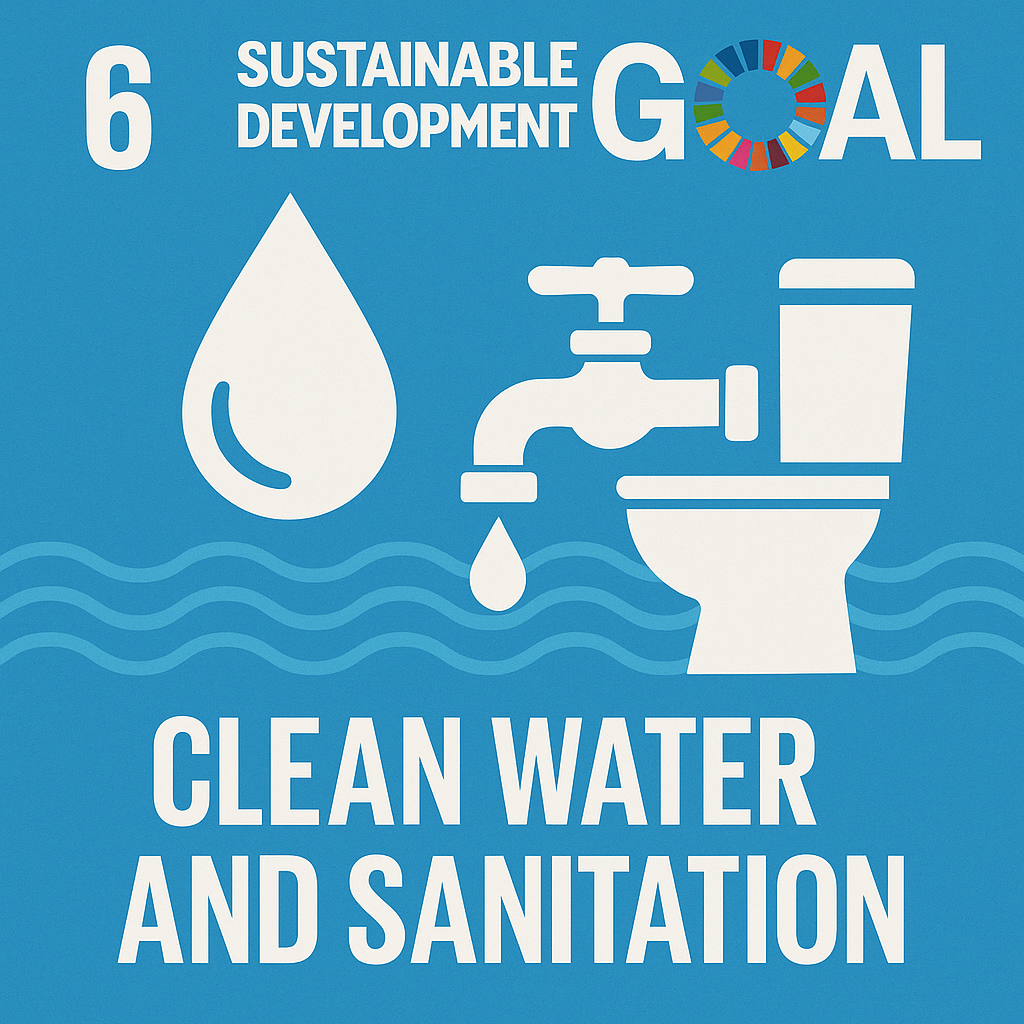Sustainable Development Goal 6 (SDG 6) centers on ensuring the availability and sustainable management of water and sanitation for all by 2030. This comprehensive goal aims to achieve universal and equitable access to safe and affordable drinking water, as well as adequate and equitable sanitation and hygiene for everyone, with a special focus on ending open defecation and addressing the needs of women, girls, and those in vulnerable situations. Key objectives also include improving water quality by significantly reducing pollution, eliminating dumping, minimizing the release of hazardous chemicals, halving the proportion of untreated wastewater, and substantially increasing recycling and safe reuse globally. Furthermore, SDG 6 strives to substantially increase water-use efficiency across all sectors, ensure sustainable withdrawals and supply of freshwater to address water scarcity, implement integrated water resources management at all levels, including through transboundary cooperation, and protect and restore water-related ecosystems such as mountains, forests, wetlands, rivers, aquifers, and lakes. The goal also underscores the importance of expanding international cooperation and capacity-building support to developing countries in water and sanitation-related activities and programs, and supporting and strengthening the participation of local communities in improving water and sanitation management.
💧Sustainable Development Goal 6 💧
Posted 2025-05-23 12:57:44

Record
Recording 00:00
Commenting has been turned off for this post.
Categories
- Sustainability
- Home
- Wellness
- Theater
- Sports
- Shopping
- Religion
- Party
- Other
- Networking
- Music
- Literature
- Art
- Health
- Gardening
- Games
- Food
- Fitness
- Film
- Drinks
- Dance
- Crafts
- Causes
Read More
Happy peace day to everyone
Not fight not misbehave with anyone stay comfortable say nothing to everyone if they are...
Polluted India to healthy India
India faces big problems with pollution—especially in the air—and it affects our...
Indoor Plants
"Indoor plants can heal not only our body, but even in our mind and soul."
Be Alert ⚠️
Hi there...
Do not download new apps or presentations circulating like
Cyber attack from...
The power of Yoga
Yoga is more than just a series of physical postures; it is a holistic practice that unites the...
×
Your daily access limit has been reached. Please try again tomorrow.
© 2025 GoSharpener Pvt.Ltd.
Refund and Cancellation policy - We do not entertain any refunds and cancellation
Refund and Cancellation policy - We do not entertain any refunds and cancellation
